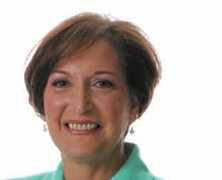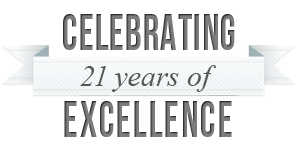The best decision I made for my career was to leave graduate school, where I was studying for a PhD in mathematics for teaching at the college level. Soon after making this decision, I first heard about the actuarial profession, and immediately set out to get a position. I passed all 10 exams required to become a Fellow of the Society of Actuaries the first time, while working, within four-and-a-half years (average was about eight).
The professional knowledge and analytic tools I acquired along the way have opened many doors for me. I am hesitant to admit this, but almost all my job changes have been opportunities presented to me by recruiters, not self-directed plans, and I have relocated several times for my career. The most important characteristics of the companies I have worked for have been integrity and meritocracy.
I have been able to use my analytic skills and attention to detail to lead WellPoint’s integration efforts. Our success at integrating acquisitions has been due to creating a team structure that fits each particular case, aligning incentives, having detailed plans, making quick decisions, setting up monitoring of results, and having the support of executive management.
I have had many mentors along the way and have learned from them what “to do” as well as what “not to do.” Actuaries are often stereotyped as “geeks” with no communication skills. But early in my career I learned the importance of communication, and have been valued as someone who “tells it like it is” and discusses difficult topics that people try to avoid.
One of my hardest struggles was with a diagnosis of breast cancer five years ago. I worked all through chemotherapy and radiation treatments, and my job became the place where I acted like everything in my life was normal. I wore a wig and makeup to hide the fact that I didn’t have hair or eyebrows, put a smiling face on, and “became” the normal person I was dressed and made-up to be. I now make myself available to help other women who aregoing through this, and serve on the board of a local cancer support center.
Recently, I have relied on some basic philosophical principles. One is: “Any decision is better than no decision.” Another is: “If you always do what you’ve always done, you’ll always be what you’ve always been.”







